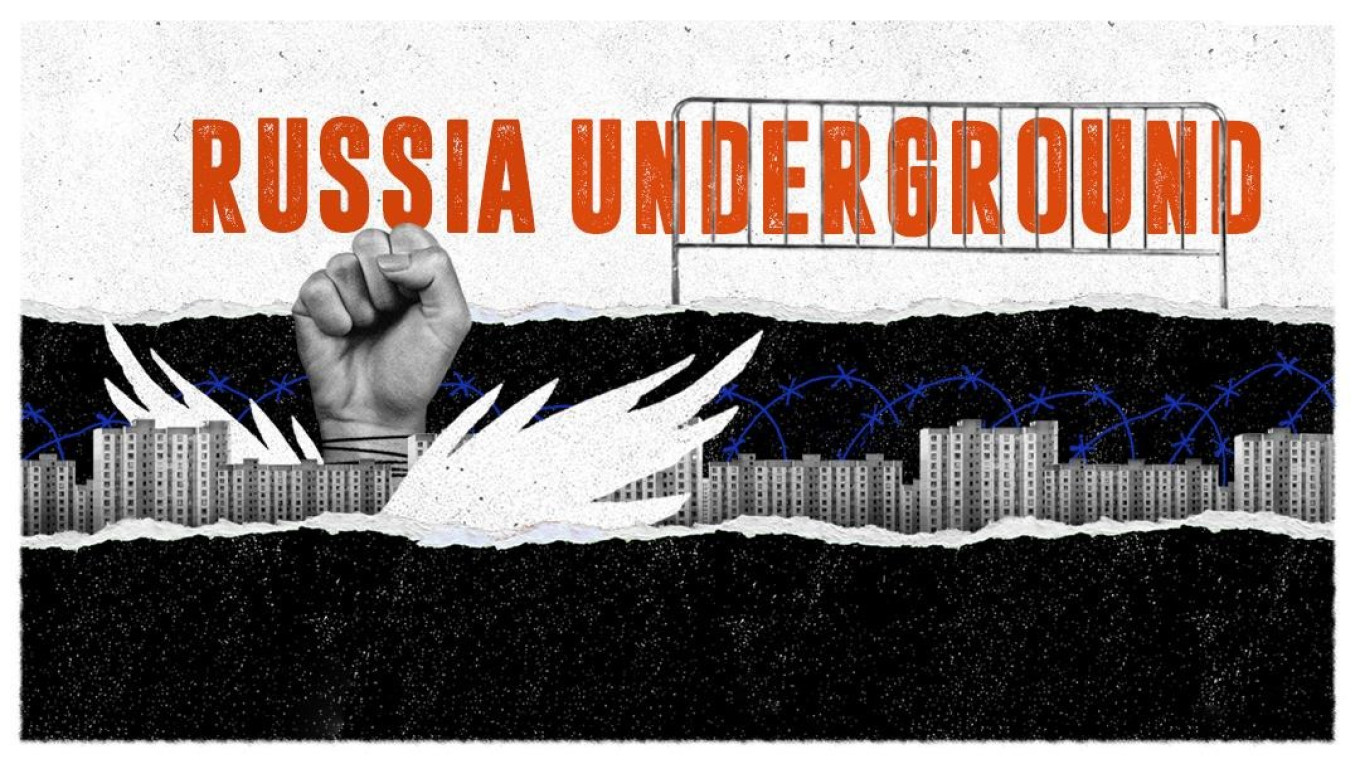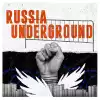
Russia Underground takes you on a journey to meet the Russians who continue to battle for free speech, artistic freedoms and basic human rights despite Putin’s brutal wartime crackdown.
Our first episode is an introduction to what it means to be "underground" in modern Russia, and the ways anti-war Russians can — and do — express their opposition.
We meet a documentary filmmaker who has been shooting the reality of wartime Russia, and attend a screening of one of her recent films in Moscow. And, in a city in the Ural Mountains, we speak to a political activist who has been questioned by police.
Finally, we attend an event in Moscow where people are writing letters to political prisoners — an important way of expressing support. The event organizer's own husband was in jail (for reading anti-war poems in public), and she talks about the experience of his arrest.
A Message from The Moscow Times:
Dear readers,
We are facing unprecedented challenges. Russia's Prosecutor General's Office has designated The Moscow Times as an "undesirable" organization, criminalizing our work and putting our staff at risk of prosecution. This follows our earlier unjust labeling as a "foreign agent."
These actions are direct attempts to silence independent journalism in Russia. The authorities claim our work "discredits the decisions of the Russian leadership." We see things differently: we strive to provide accurate, unbiased reporting on Russia.
We, the journalists of The Moscow Times, refuse to be silenced. But to continue our work, we need your help.
Your support, no matter how small, makes a world of difference. If you can, please support us monthly starting from just $2. It's quick to set up, and every contribution makes a significant impact.
By supporting The Moscow Times, you're defending open, independent journalism in the face of repression. Thank you for standing with us.
Remind me later.






